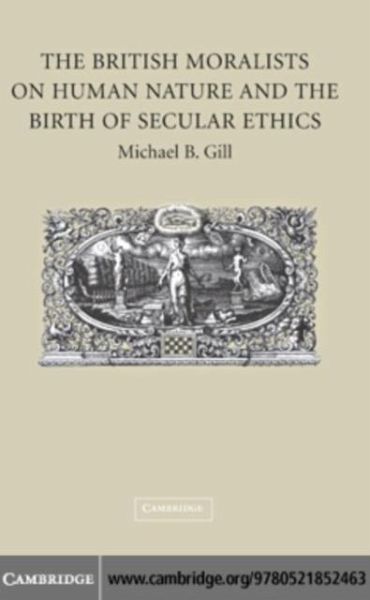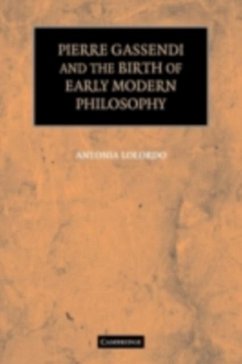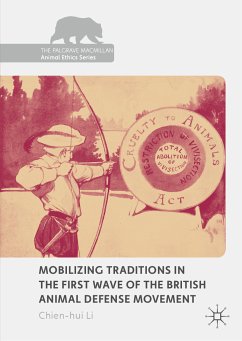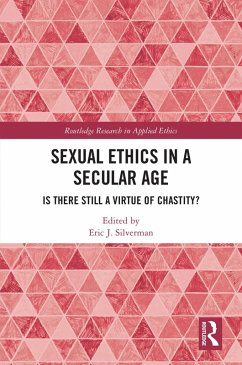
British Moralists on Human Nature and the Birth of Secular Ethics (eBook, PDF)
Versandkostenfrei!
Sofort per Download lieferbar
37,95 €
inkl. MwSt.
Weitere Ausgaben:

PAYBACK Punkte
19 °P sammeln!
Uncovering the historical roots of naturalistic, secular contemporary ethics, in this volume Michael Gill shows how the British moralists of the seventeenth and eighteenth centuries completed a Copernican revolution in moral philosophy. They effected a shift from thinking of morality as independent of human nature to thinking of it as part of human nature itself. He also shows how the British Moralists - sometimes inadvertently, sometimes by design - disengaged ethical thinking, first from distinctly Christian ideas and then from theistic commitments altogether. Examining in detail the argumen...
Uncovering the historical roots of naturalistic, secular contemporary ethics, in this volume Michael Gill shows how the British moralists of the seventeenth and eighteenth centuries completed a Copernican revolution in moral philosophy. They effected a shift from thinking of morality as independent of human nature to thinking of it as part of human nature itself. He also shows how the British Moralists - sometimes inadvertently, sometimes by design - disengaged ethical thinking, first from distinctly Christian ideas and then from theistic commitments altogether. Examining in detail the arguments of Whichcote, Cudworth, Shaftesbury, and Hutcheson against Calvinist conceptions of original sin and egoistic conceptions of human motivation, Gill also demonstrates how Hume combined the ideas of earlier British moralists with his own insights to produce an account of morality and human nature that undermined some of his predecessors' most deeply held philosophical goals.
Dieser Download kann aus rechtlichen Gründen nur mit Rechnungsadresse in A, B, BG, CY, CZ, D, DK, EW, E, FIN, F, GR, HR, H, IRL, I, LT, L, LR, M, NL, PL, P, R, S, SLO, SK ausgeliefert werden.













